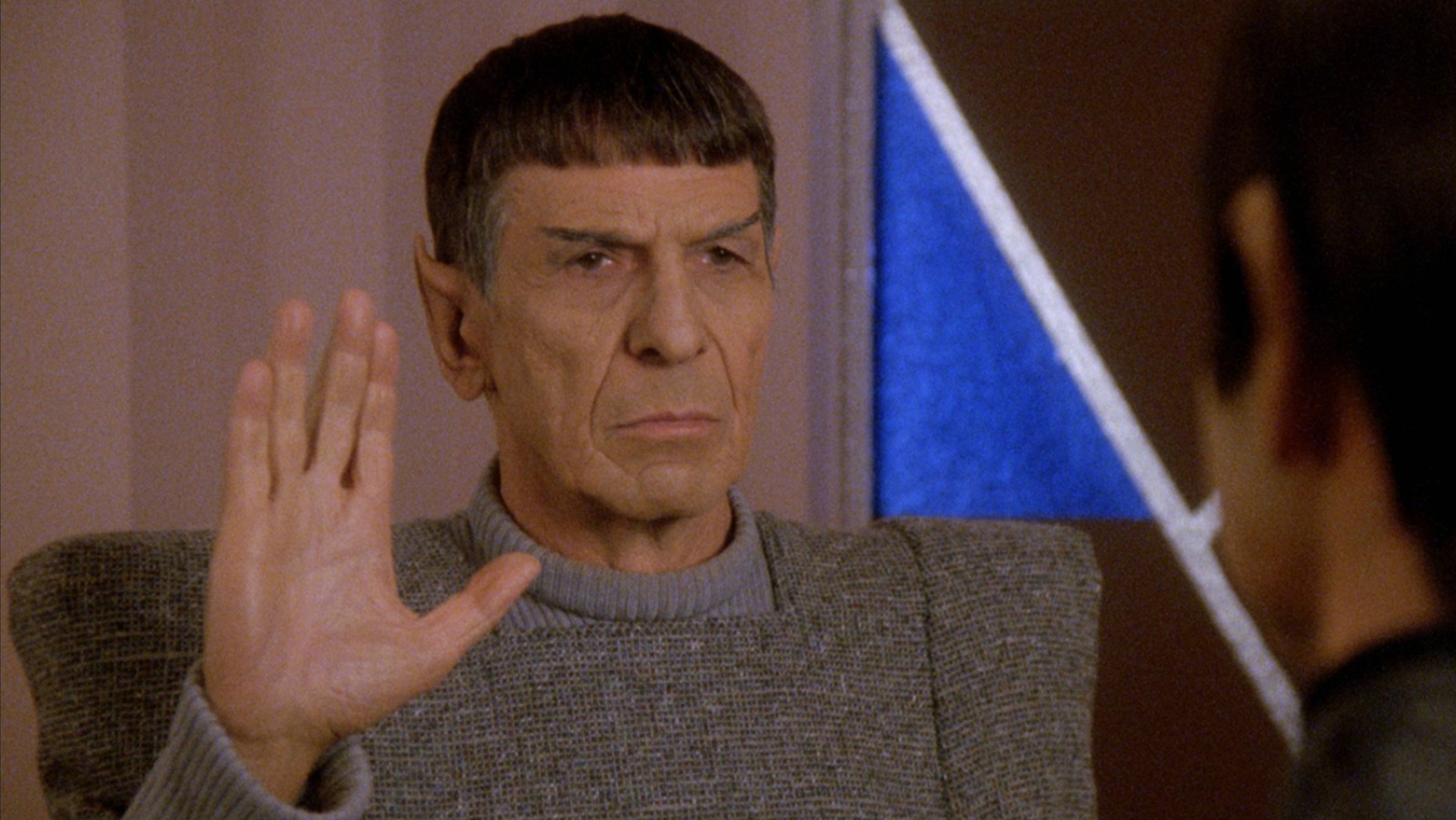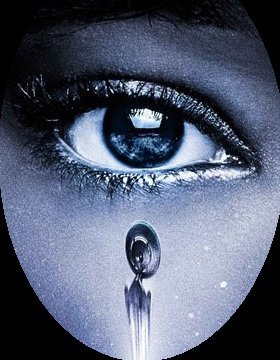/ Film is continuing to report and opine on key points in the oral history book “The Fifty-Year Mission: The Next 25 Years: From The Next Generation to J. J. Abrams,” edited by Mark A. Altman and Edward Gross.
For those of us who haven’t (yet) invested in the book, these extracts and reflections can prompt some interesting discussion.
In this case, it sounds like Nimoy’s hesitation led to a much less action-oriented integration of Spock’s presence. An interesting thought experiment.
Also, it sounds like tapping nostalgia and interlinking shows has been a constant pressure from senior executives at the IP holder. It’s well known that Roddenberry resisted close callbacks to TOS, and was determined for TNG to stand on its own in its own era. Even five seasons into TNG, Paramount senior executives though still weren’t convinced it didn’t need a TOS-connection boost.
Considering the amount of callback mining and IP nostalgia mining in the current era shows, it seems as though Kurtzman’s got a hard road to convince Paramount to give new characters and eras a chance to stand on their own.
I have both books. Very fascinating reads. Unification two parter is one of my favorite Trek two parters btw
" … the story for “Unification” is jam-packed with exactly the kind of dry, political, diplomatic talk that sets Trekkies’ hearts aflutter."
Hey, I like action, too. But, they aren’t wrong. I do like “Unification’s” premise and execution.
I think attempting the reunification of Vulcan and Romulus is pretty epic. Because the two are major players in Star Trek. A diplomacy mission between two planets/species of the week wouldn’t hold as much drama to me. No way to know what might have been without something beyond “less talky, more action” about the idea. Learning about the thoughts and concerns at the time is interesting.
I enjoyed the surprise of seeing Dr. McCoy with Data, and I wanted more along those lines at the start of TNG. I was still craving more of the TOS cast, in addition to the films, at TNG’s start. By TNG’s third season I thought the show stood firmly on its own.




